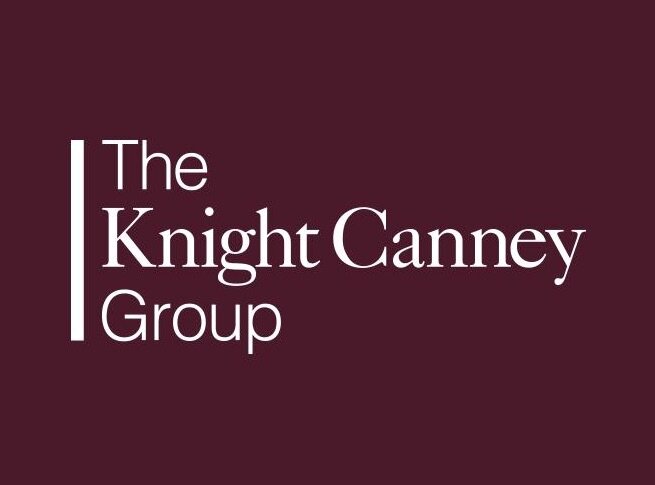By Felicia Knight
This week Microsoft and Apple made it clear that software is the new hardware. For the time being.
Microsoft is buying the business-oriented social network LinkedIn for $26.2 billion in cash, and Apple is pivoting away from its slow-selling laptops, tablets, and smartphones to focus on improving its software.
Microsoft CEO Satya Nadella called the purchase of LinkedIn key to the company’s corporate image building – a way to reinvent productivity and business processes. “How people find jobs, build skills, sell, market, and get work done and ultimately find success requires a connected professional world.”
LinkedIn has more than 433 million members in 200 countries, which means Microsoft will now own one of the largest social networks in the world.
That bold move is almost matched by the decision of the notoriously-proprietary Apple to allow outside developers access to some of its key apps, including Siri and iMessage. The thinking is that an infusion of fresh innovation will make the iPhone seem, well, fresh again.
Corporate image building aside, the moves by Microsoft and Apple are also smart public relations strategies that allow the companies to prove they can expand beyond their hardware offerings and more fully welcome software developers (Apple) and social media (Microsoft).
Both companies suffer from software that is – as the tech folks like say – “buggy,” so there’s some heavy lifting to be done before LinkedIn fully integrates with Microsoft and outside developers fully integrate with Apple’s closed culture. And it remains to be seen whether Apple and Microsoft can leverage these public relations moves to create more value.
Given that 60% of LinkedIn’s $2.9 billion in revenue comes from services sold to HR departments, that only 25% of users use the service each month, and that just a sliver of users pay for LinkedIn’s premium service, where does Microsoft expect to find growth?
The New York Times reported on Monday that “Apple is under pressure to fix its software and online services, which have become increasingly important to consumers. Apple has a lot of catching up to do … [because most of its] noteworthy … features [are] already offered by other internet companies, namely Amazon and Google.”
Microsoft and Apple have plenty of cash to devote to the secret sauces that will make these initiatives pay off. But tech consumers can be fickle – just ask Blackberry, MySpace, and whoever invented QR codes and laser discs – so neither venture is a sure thing.
The Knight Canney Group is betting, however, that Apple CEO Tim Cook, and Microsoft’s Satya Nadella are – to paraphrase Lady Gaga – optimists, sp
